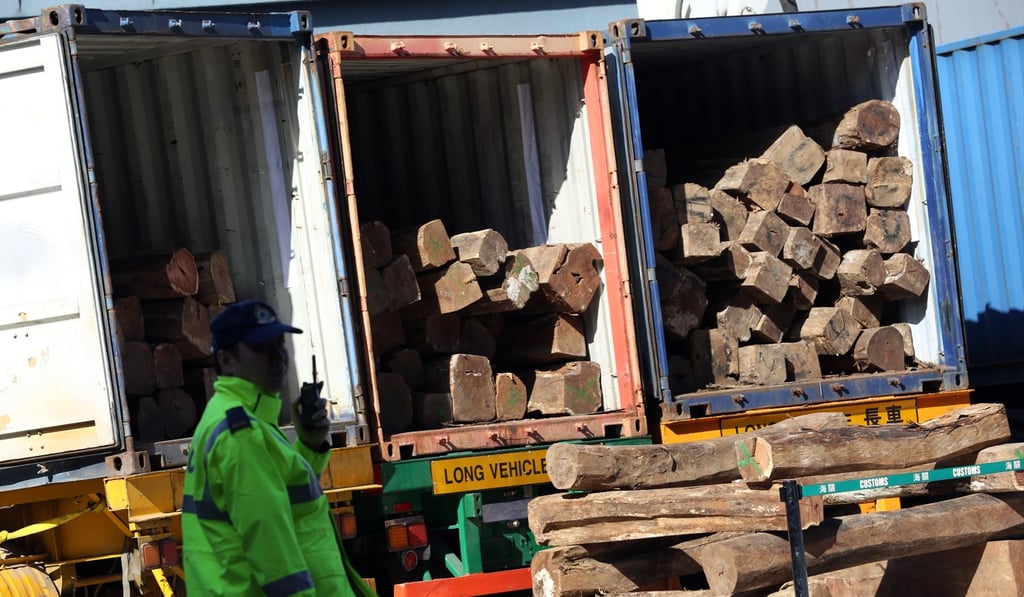Chinese consumers’ crazy rich demand for rosewood propels drive toward its extinction
Stronger international regulations are doing little to stop traffickers from illegal trade of the tropical hardwood

The purchasing power of China’s burgeoning middle class is the stuff of dreams for retailers, but is increasingly causing nightmares for conservationists.
Conspicuous consumption among wealthy Chinese on the mainland and throughout Asia caught the world’s attention with the runaway success of the film Crazy Rich Asians. Characters in the movie, whose sequel will be set partly in Shanghai, wowed audiences with their acquisition of high-end cars, real estate and jewellery.
However, an affinity among Chinese for another expensive commodity is calling attention to a matter that would not play as well in a romantic comedy: the largely illegal trade in rosewood, the world’s most highly trafficked wild product and one on the edge of extinction.

The tastes of China’s nouveau riche are driving demand for the rare tropical hardwood, which is prized for its use in replica Ming and Qing dynasty furniture. Known in Chinese as hongmu, rosewood is a fragrant, richly hued tree native to the tropics, from Southeast Asia to West Africa to Latin America.
Chinese rosewood furniture has been meticulously carved by craftsmen since at least the 10th century, but the wood came into its own during the Ming dynasty, when a unique joinery technique was perfected.
